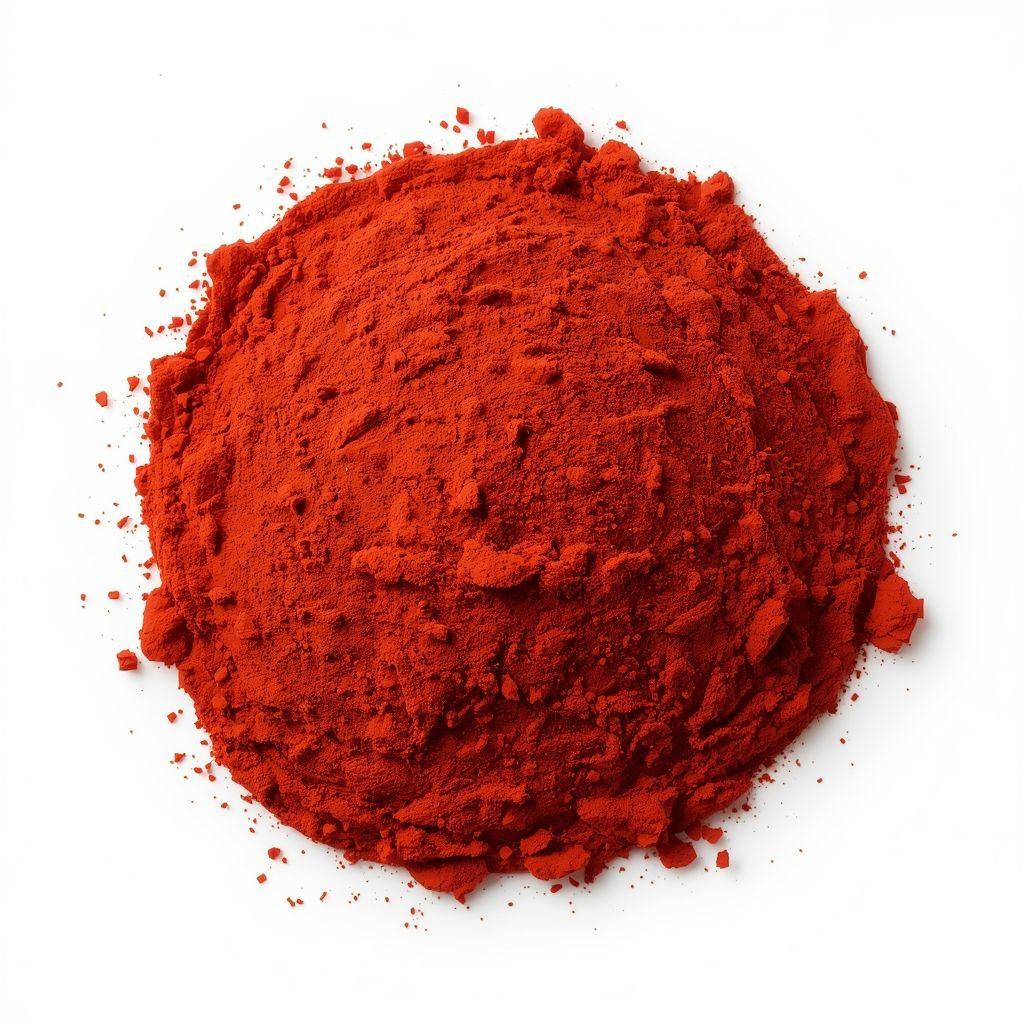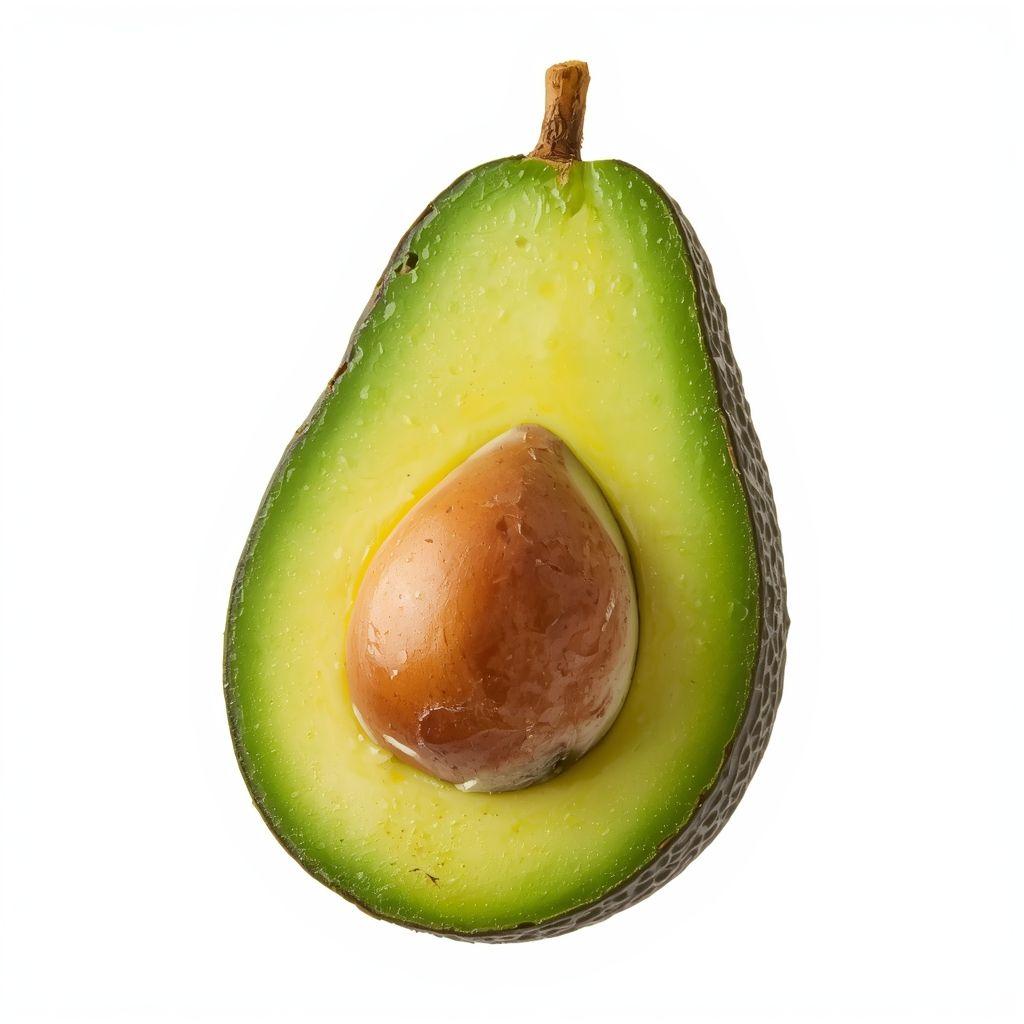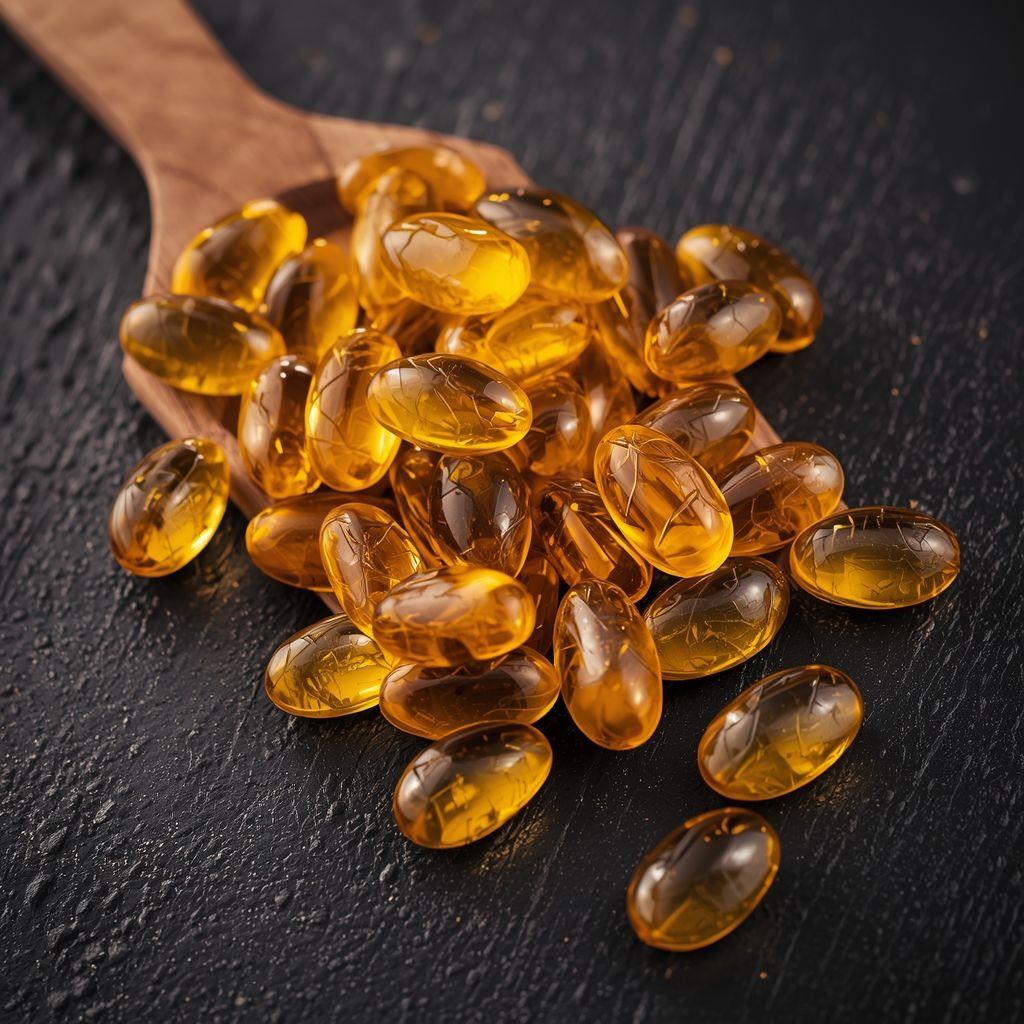Modern lifestyles, marked by a fast pace, stress, and often unhealthy eating habits, have led more and more people to become interested in healthy eating and properly balanced diets. A diet, understood not as a temporary calorie restriction but as a long-term nutritional plan tailored to individual bodily needs, is becoming an important component of a healthy lifestyle. This article presents the positive aspects of following a diet and nutritional plan, based on scientific knowledge, dietary practice, and everyday observations.Improvement in Physical HealthOne of the most significant positive effects of following a properly balanced diet is the improvement in overall health. A well-chosen diet can:Lower LDL cholesterol and increase HDL cholesterol, reducing the risk of heart disease;Stabilize blood sugar levels, which is crucial in the prevention and treatment of type 2 diabetes;Improve digestive system function, reducing issues like bloating, constipation, or reflux;Support the functioning of the liver, kidneys, and pancreas by limiting trans fats, simple sugars, and excess protein.Increased Energy Levels and Better Well-beingA balanced diet rich in appropriate proportions of macronutrients (proteins, fats, carbohydrates) and micronutrients (vitamins, minerals) helps maintain high energy levels throughout the day. People following a nutritional plan often notice:Less drowsiness after meals;Increased focus and work efficiency;Reduced mood swings and improved overall well-being;Better sleep and nighttime recovery.Support for the Immune SystemA diet rich in antioxidants (e.g., vitamin C, E, beta-carotene), minerals (zinc, selenium), as well as probiotics and prebiotics supports the body’s natural immunity. Regular consumption of vegetables, fruits, fermented dairy products, and fiber promotes:A balanced gut microbiome;Better immune response to infections;Shorter duration of colds and flu;Reduced risk of chronic and autoimmune diseases.Weight Control and Improved Body ShapeA nutritional plan tailored to calorie needs and lifestyle allows for effective:Reduction of excess body fat;Muscle mass building in combination with physical activity;Maintenance of optimal body weight over the long term;Prevention of the yo-yo effect through conscious development of eating habits.Positive Impact on Mental HealthMore and more studies show a strong link between diet and mental health. Introducing a suitable nutritional plan can:Reduce symptoms of depression and anxiety;Support the treatment of ADHD in children and adults;Increase serotonin and dopamine levels thanks to amino acids and B vitamins;Improve stress resilience and concentration.Nutritional Education and AwarenessFollowing a diet requires acquiring knowledge about nutrients, reading labels, meal planning, and making conscious product choices. This leads to:Greater consumer awareness;The ability to independently prepare healthy meals;Better household budget management through planned shopping;Reduced food waste and support for sustainable development.Strengthening Social RelationshipsContrary to appearances, a healthy diet can positively influence social relationships:Home cooking encourages spending time with family;Sharing recipes and dietary experiences builds community;Participation in cooking workshops or support groups strengthens motivation;Conscious food choices promote healthy habits in one’s immediate environment.Personalization and FlexibilityA modern approach to dieting emphasizes full personalization depending on:Age, gender, physical activity level;Taste preferences, cultural or religious restrictions;Food intolerances and allergies;Goals (weight loss, muscle gain, health, sports, etc.).This makes the diet not a limitation but a tool supporting individual needs and lifestyle.Long-term Benefits and PreventionRegular adherence to a balanced diet yields not only short-term effects but also:Reduced risk of cancer, hypertension, osteoporosis;Prolonged life and improved quality of life;Better results in check-up tests and reduced need for medication;Support for healthy aging.Motivation for Other Life ChangesAdopting a diet often leads to other positive changes:Beginning physical activity;Quitting addictions;Greater care for sleep and recovery;Developing self-awareness and self-esteem.Following a diet and nutritional plan is an investment in health, well-being, and quality of life. The benefits are multifaceted and include physical, mental, and social aspects. However, it is crucial for the approach to dieting to be conscious, tailored to individual needs, and carried out in a balanced way. Working with a dietitian, openness to new flavors, and commitment to the process of change can make a diet not a temporary challenge but a permanent element of a healthy lifestyle.
Find out more























